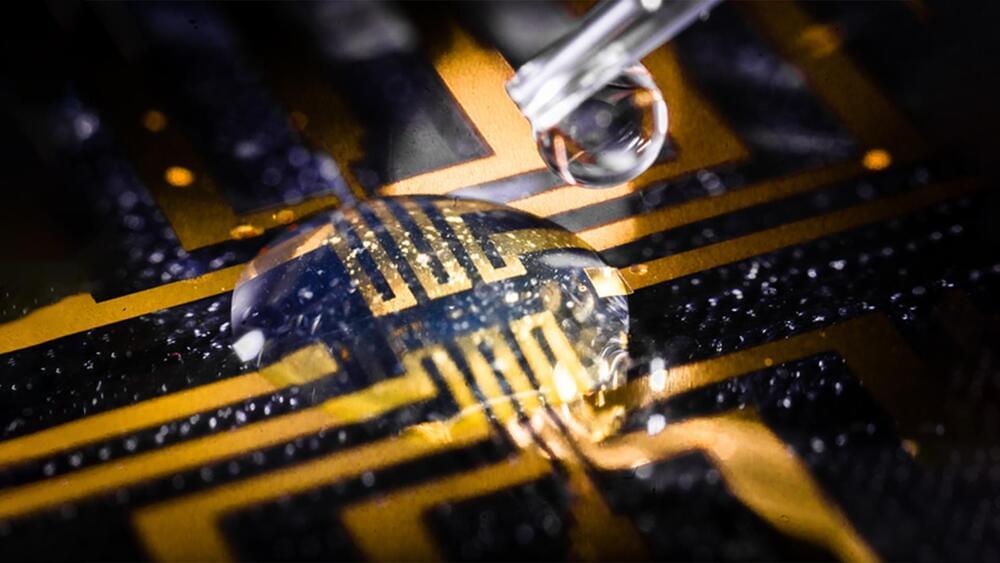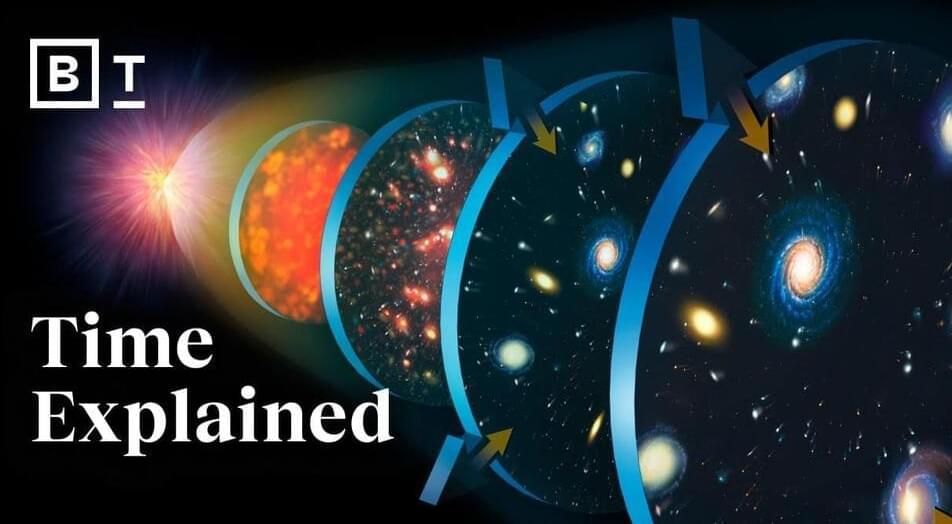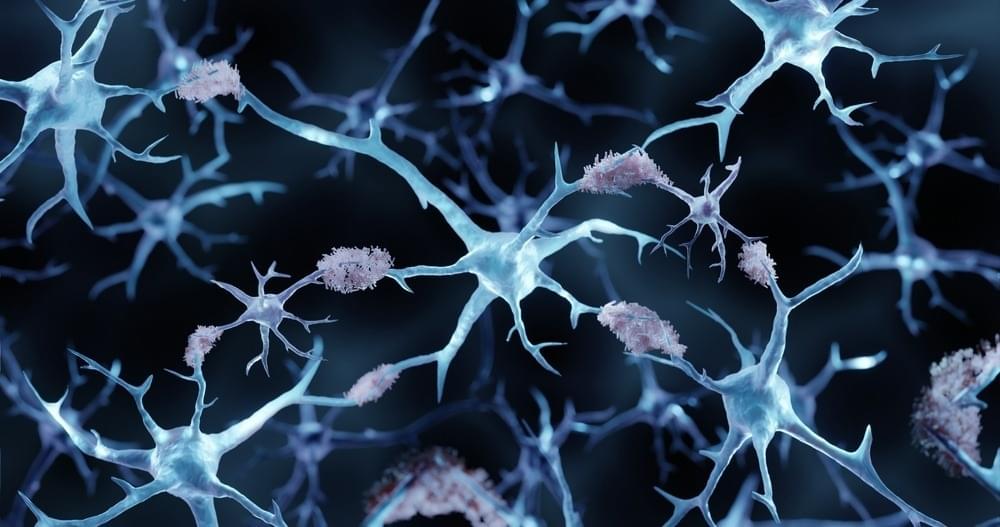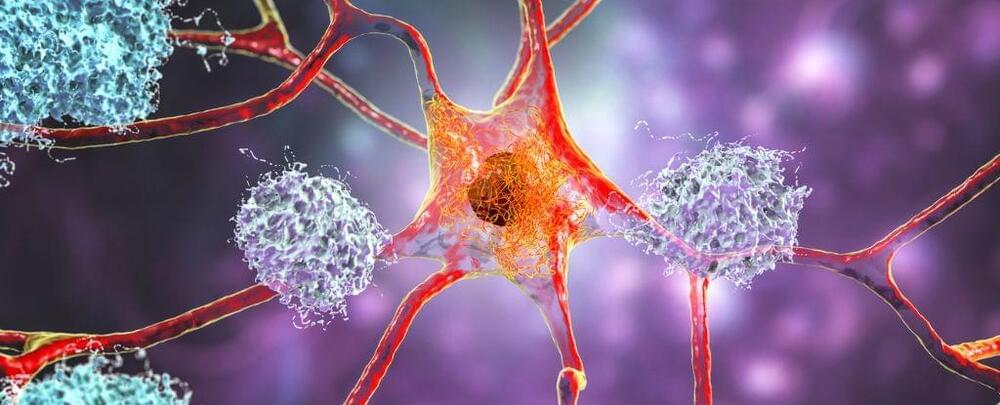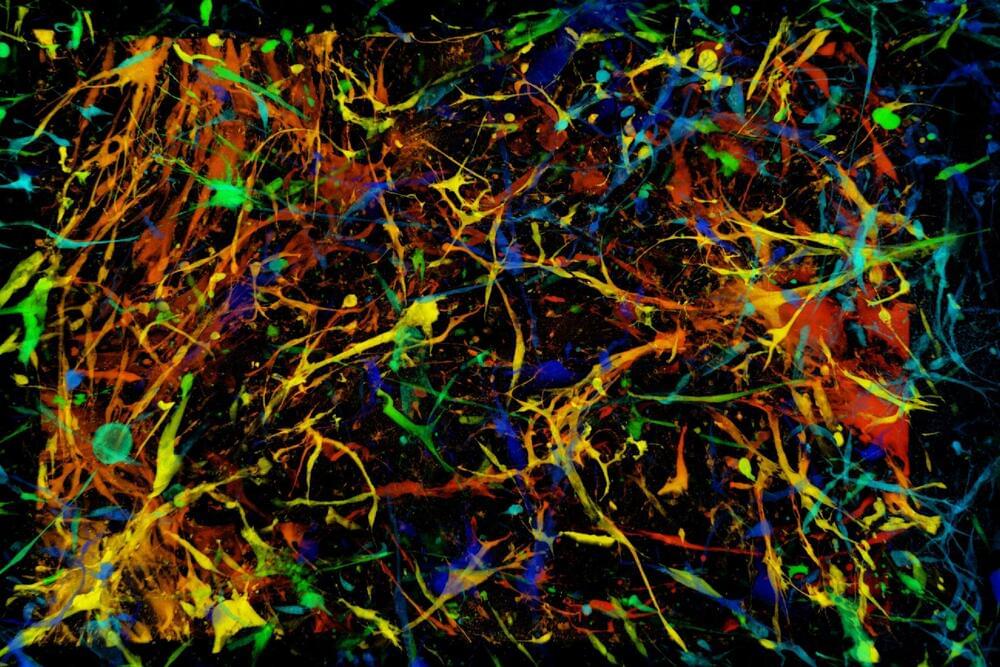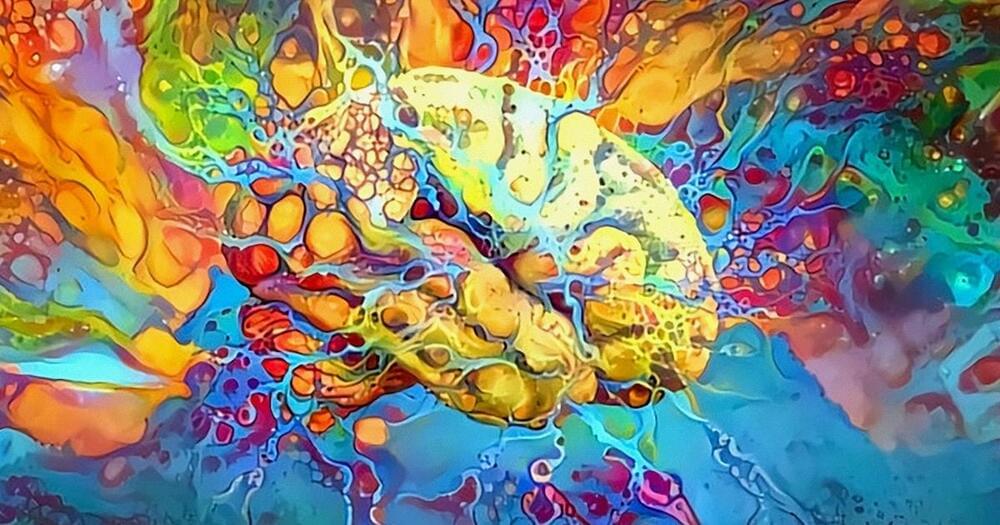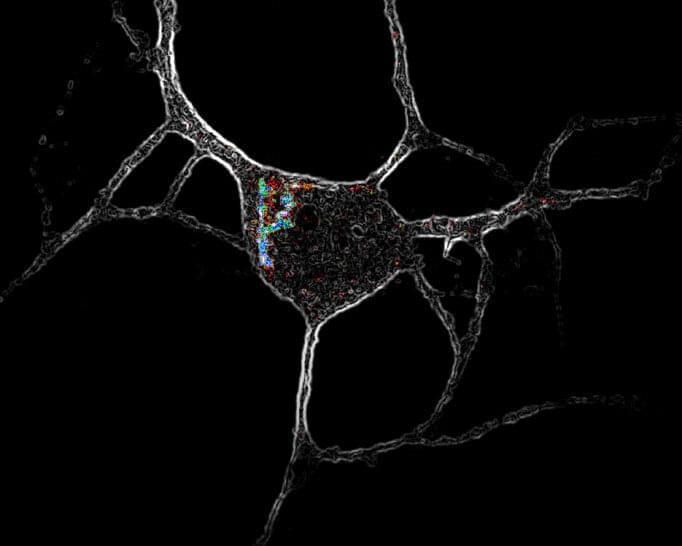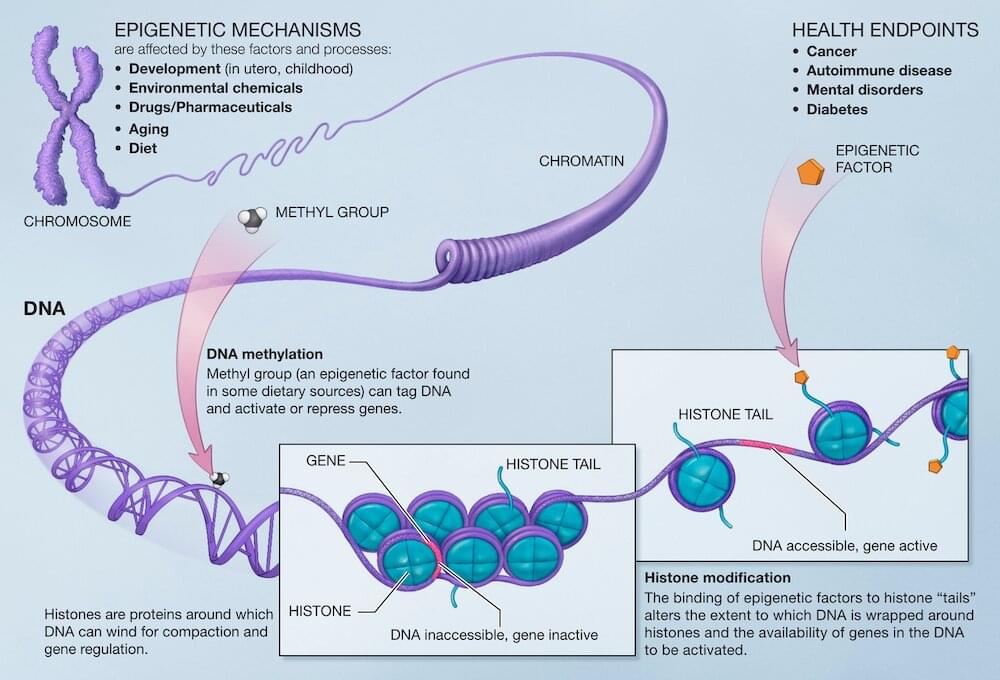Feb 23, 2023
Scientists grow electrodes in brain, thanks to a simple viscous gel
Posted by Gemechu Taye in categories: biotech/medical, evolution, neuroscience
Blurring lines between man and machine.
A breakthrough has made way for a new paradigm in bioelectronics. Earlier, it took the implantation of physical objects to initiate electronic processes in the body. Humans have incorporated technology to enhance the human experience and take charge of their evolution. They’ve also integrated devices within them that could alternately function as organs when biological tissues fail.
Scientists have now developed a viscous gel that will be enough in the future.
Continue reading “Scientists grow electrodes in brain, thanks to a simple viscous gel” »
